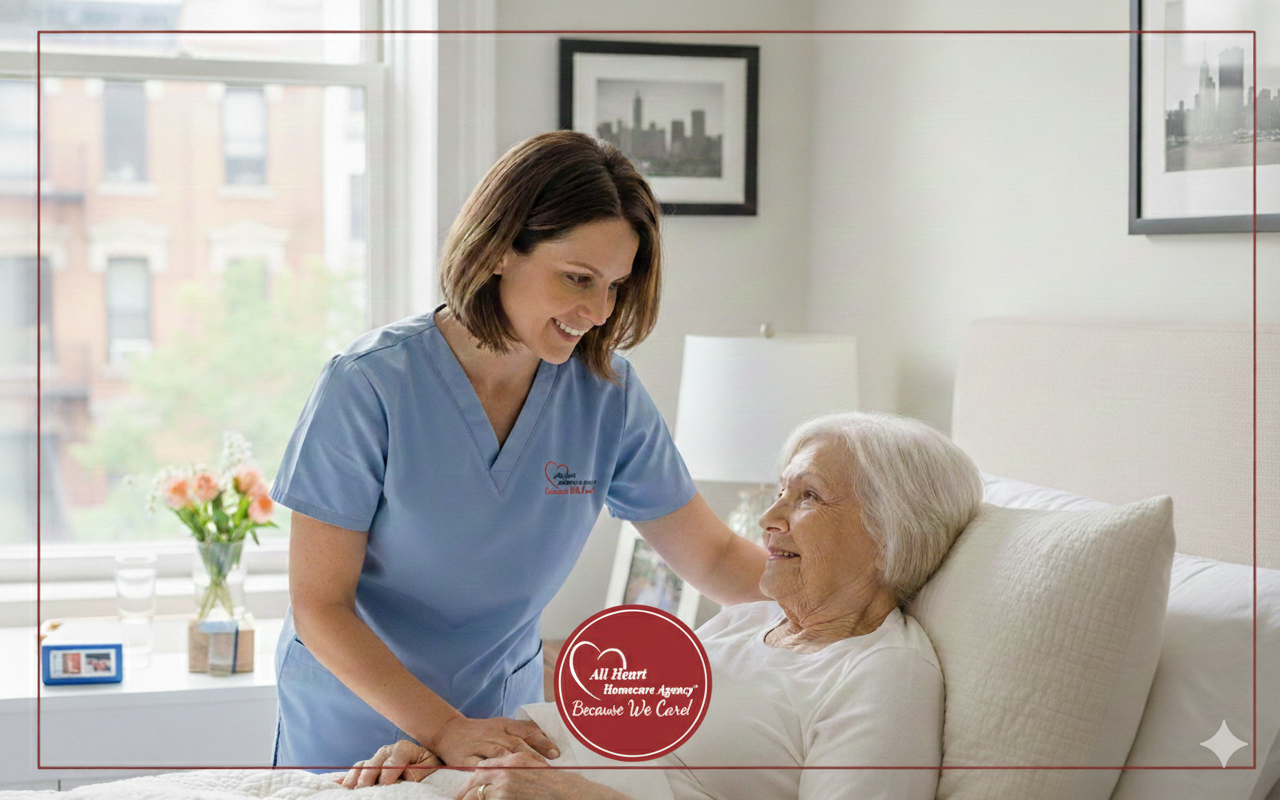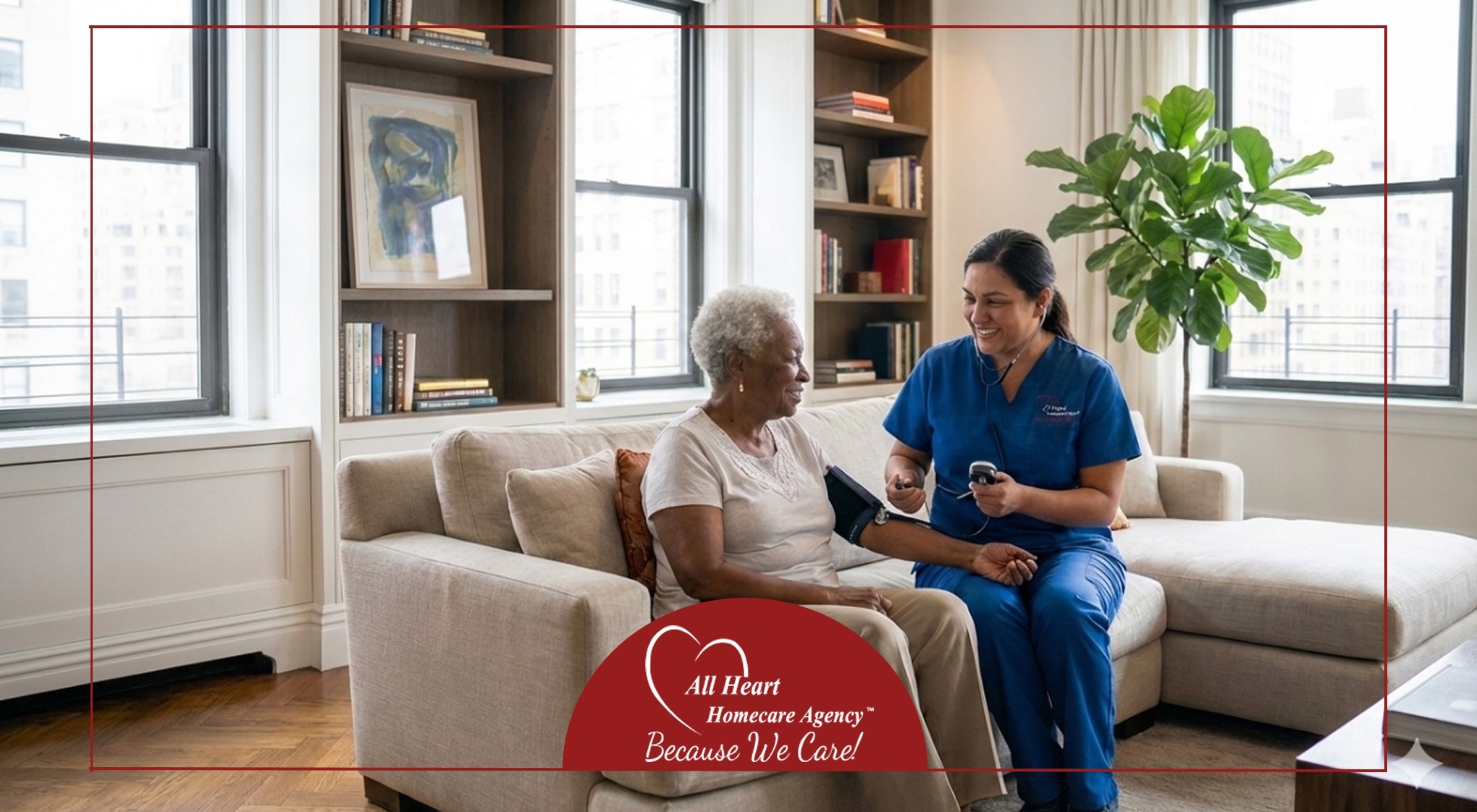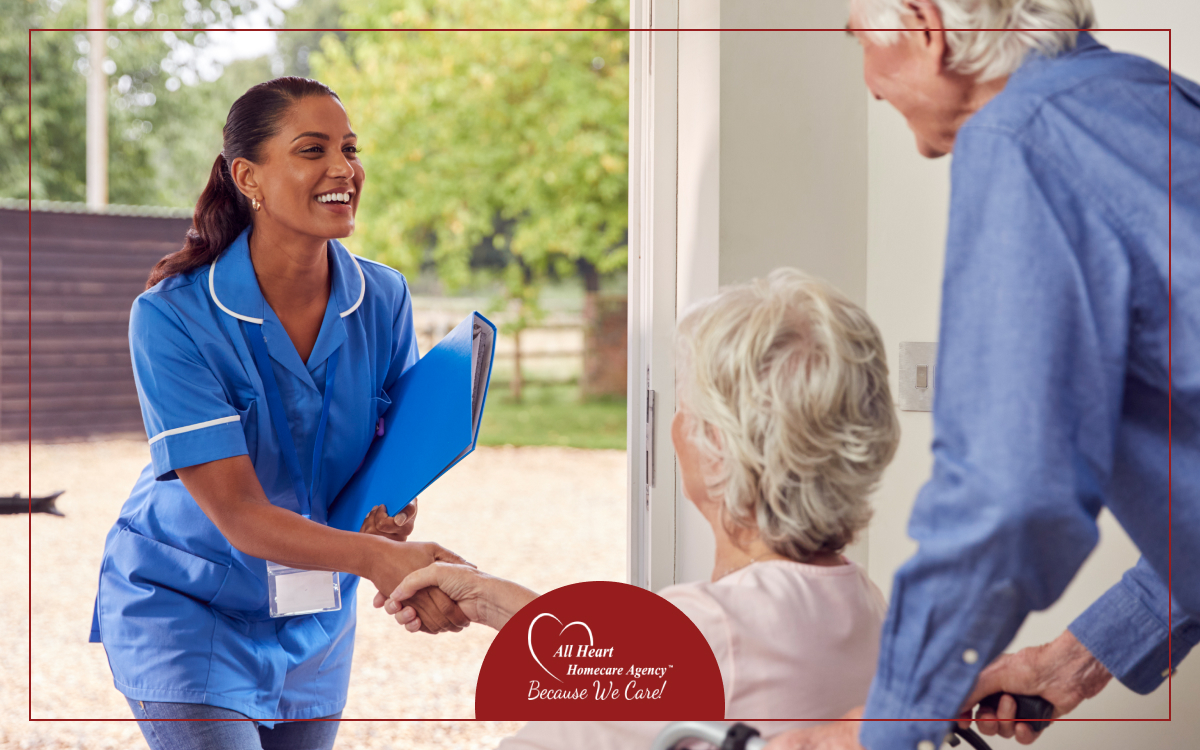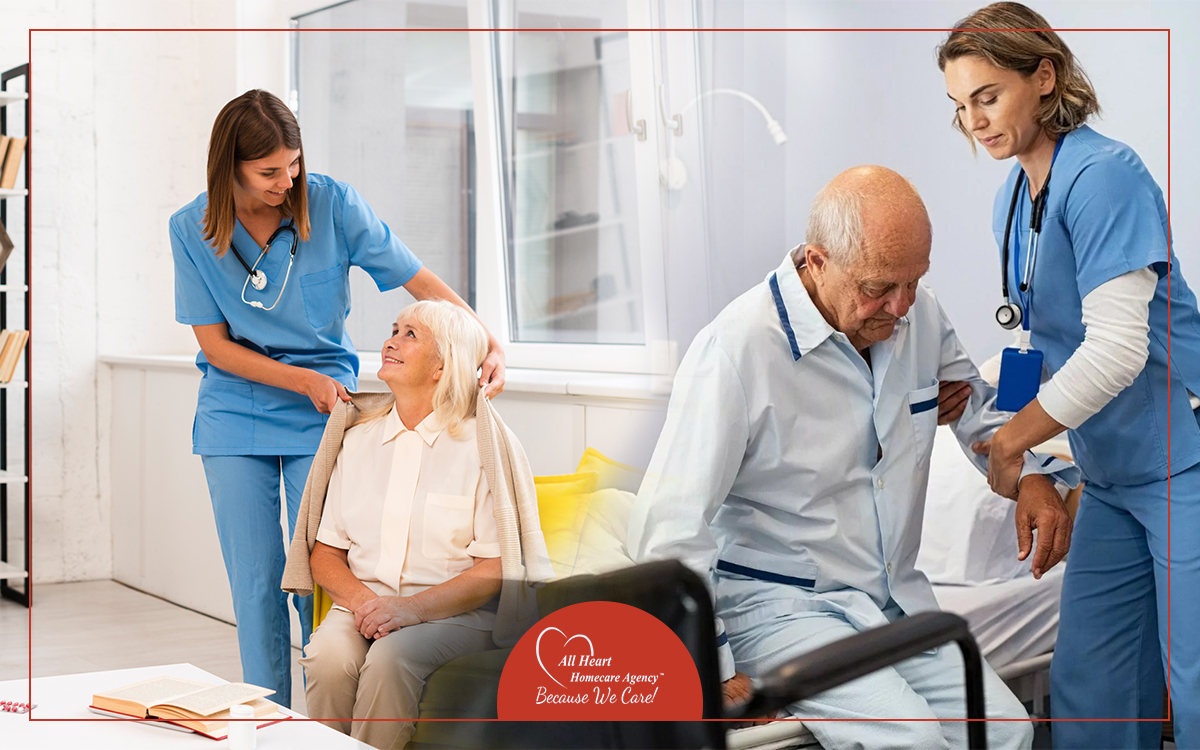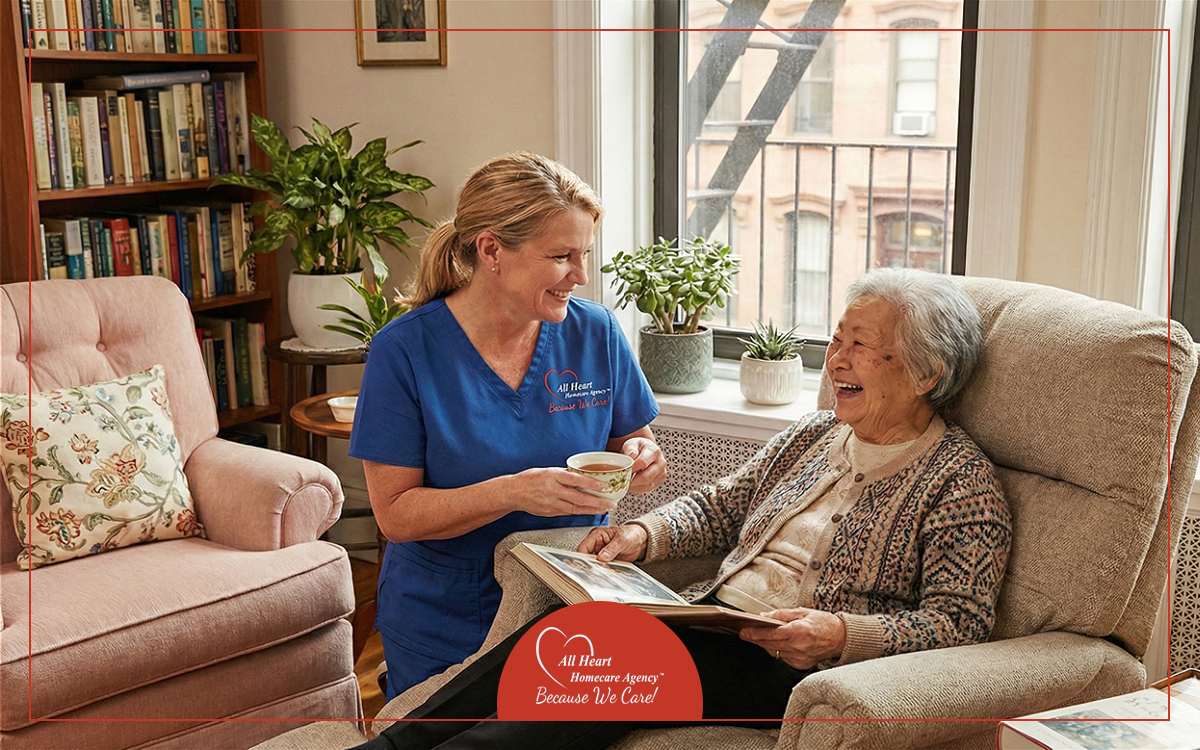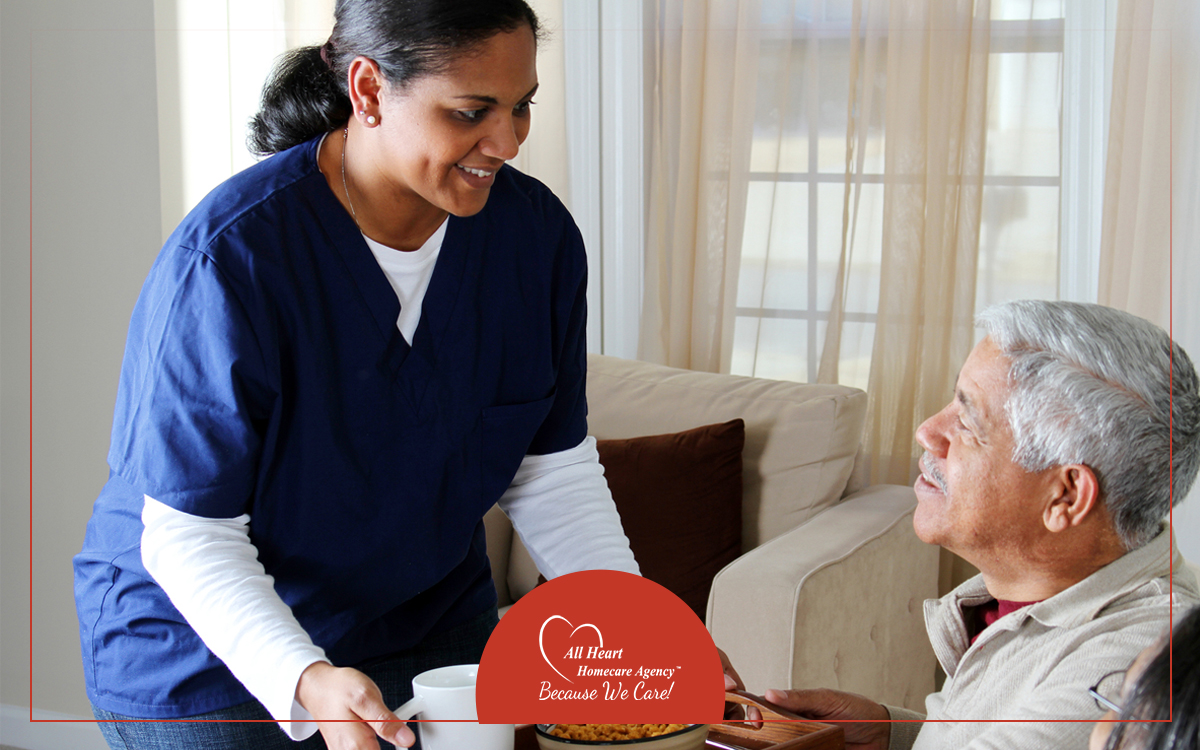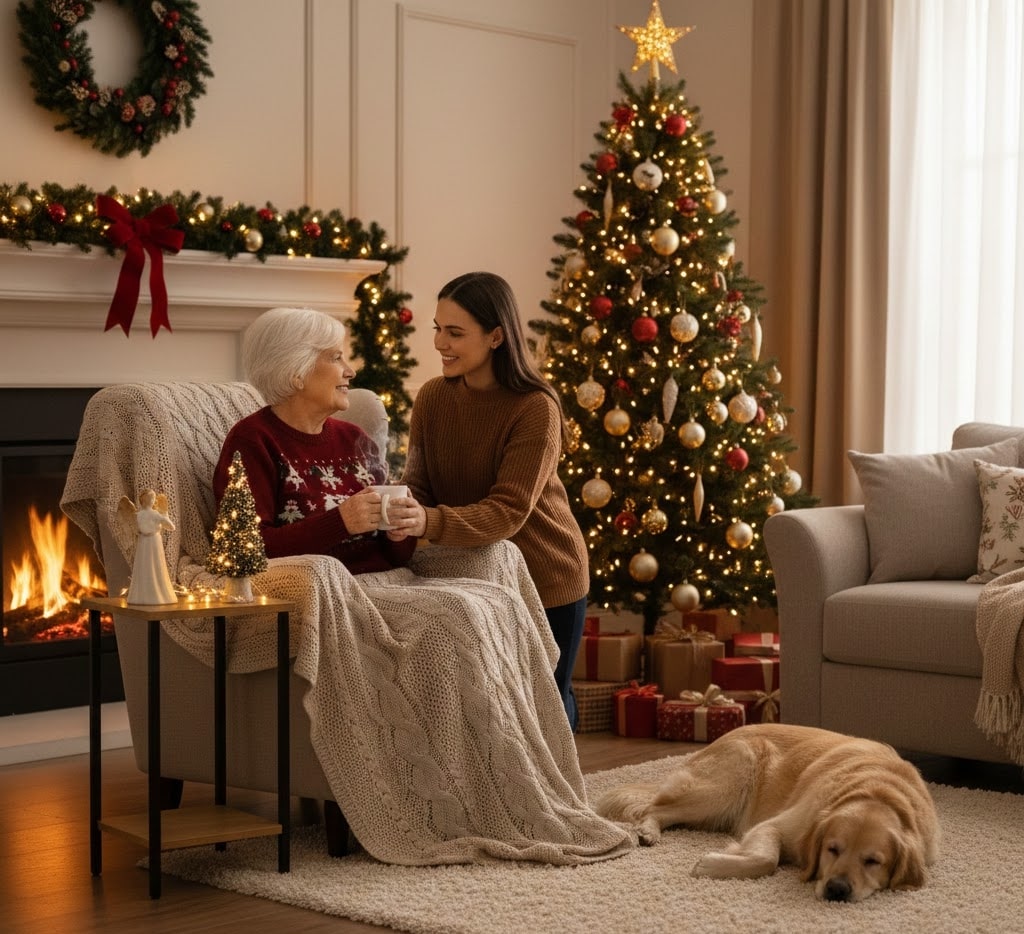It is easy to allow relationships to become strained as our loved ones age. Even if nothing noteworthy has happened to cause this strain; distance, time, and the simple momentum of everyday life make it difficult to foster meaningful relationships with your elderly loved ones. Recognizing the causes of and solutions for strained relationships will ultimately lead to better outcomes for you and those you care about most.
What Causes Strain in Relationships With Elderly Loved Ones
Distance: In many cases, distance is the main factor leading to complicated relationships. You may live across the country, or you may be just miles away with poor access to transportation. In any case, distance can create rifts that are tough to overcome. Being close to your loved one allows regular physical contact. It may seem simple, but the benefits of physical closeness can’t be overstated when it comes to emotional well-being. Being together regularly also helps to create an intimate understanding of the daily activities and struggles your loved one faces. Even with the best intentions, distance can make it challenging to be involved in the details, resulting in less empathy for your loved one.
Time: You may be in the midst of the busiest years of your life while your loved one has slowed down significantly. This imbalance between the pace of life for you and your elderly loved one can pull on both sides of the relationship. Besides that, having a family of your own and a full time job can prevent you from devoting enough time to your elder beloved. You may feel like you never have enough to give, while your loved one may often feel neglected.
Declining Health: Your loved one’s health can create strain in many ways. As a caregiver, you might feel ill-equipped in ability or capacity to manage emerging health problems. On the other hand, your loved one may also experience a range of emotions. They might not want to be a burden, they may be scared or nervous about new health issues, and they may not be ready for impending changes to their daily life.
How to Keep Your Relationships Strong
Connect Regularly: Even if you live far apart and can’t physically see your loved one regularly, there are many ways to stay in touch and be involved. If technology is a challenge for your loved one, you may consider a special visit to set up these lines of communication if necessary.
Consider Finding a Caregiver: As they age, your loved ones need someone close to them. It is not only for ensuring their physical well being, but also, as mentioned before, for emotional support. If you have an opportunity to relocate and live in a close proximity to your dearest, it is the perfect case scenario and will create the best outcomes. However, it can be difficult to achieve. The solution to this might be finding a relative or a friend to become a caregiver to your elder loved one through a CDPAP program. Having a reliable caregiver will give you peace of mind and will remove feelings of loneliness and neglect from your dearest, thus improving your relationship with them.
Start Small: If you haven’t been regularly involved in your loved one’s life for years, it is best to take it slow at first. Your involvement may feel intrusive, and the time commitment may feel overwhelming if you try to take it all on at once. Go to an appointment with your loved one, take them to the grocery store, and slowly increase your involvement until you are at a comfortable level you can both agree to.
Benefits of Strong Relationships
There are many benefits to having a close relationship with your aging loved one that make these changes well worth the time and effort:
- Better health outcomes
- Improved awareness of health changes, big or small
- Ability to advocate for your loved one at appointments
- Diminished likelihood of isolation and its effects
- Gives you peace of mind knowing that they are ok
Final Word
There are many ways to improve relationships with your loved ones. Spending more quality time together, participating in their daily activities, is one of the most effective ways. If you wish to do that, CDPAP (Consumer Directed Personal Assistance Program) allows you to become a caregiver to your beloved and get paid for it. You don’t have to choose between devoting your time to those you care so much about or going to work anymore.
If you can’t become a caregiver, CDPAP enables you to choose one among your relatives or friends.
What is a CDPAP?
CDPAP allows New York residents enrolled in Medicaid to hire a family member or close acquaintance as a personal caregiver. The designated caregiver will take care of activities of daily living as well as some skilled home health tasks. This program offers a great opportunity to care for your loved one in the comfort of their environment and ensure they receive the best care possible. If you are interested in finding out how to spend more quality time with your loved one and become their designated caregiver, please contact us at 718-618-6933. As a home care agency in NYC, All Heart Homecare Agency is committed to helping you fully understand this program and determine your eligibility.



